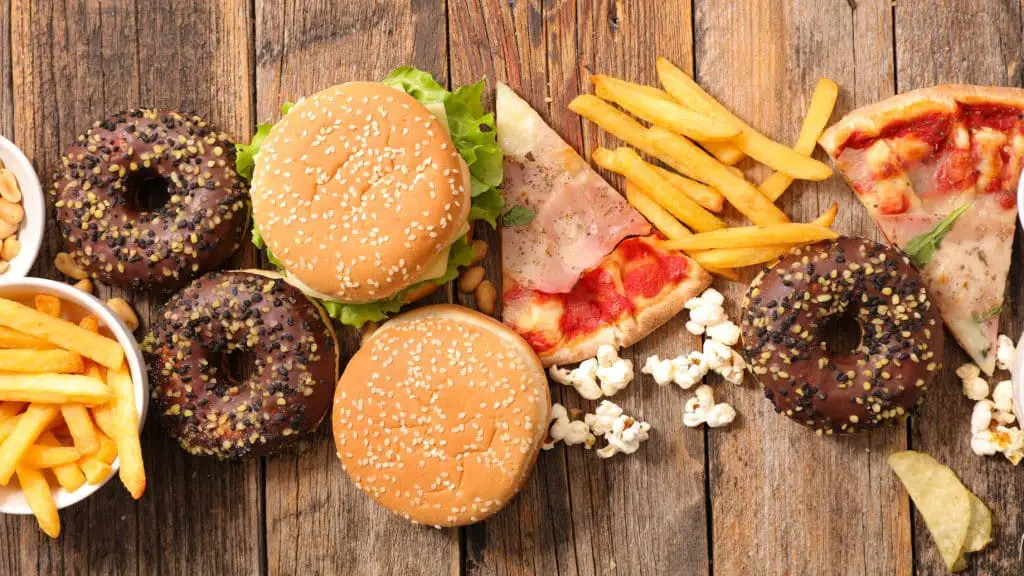A new USC study on rats fed a high-fat, high-sugar diet raises the possibility that a high-fat diet junk food in adolescents can disrupt their brain's memory capacity for a long time.
The study was published in the journal Brain, Behavior, and Immunity.
The health damage of junk food
In developing the study on the effects of junk food, Kanoski and lead author and postdoctoral researcher Anna Hayes considered that previous research had shown a link between a poor diet and Alzheimer's disease. People who suffer from Alzheimer's disease tend to have lower levels of a neurotransmitter called acetylcholine in the brain, which is essential for memory and functions such as learning, attention, arousal and involuntary muscle movement.
The team wondered what this might mean for young people eating a similar Western diet, high in fat and sugar, particularly during adolescence, when their brains are undergoing significant development. By monitoring the impact of diet on the rats' acetylcholine levels and subjecting the rats to memory tests, they were able to learn more about the important relationship between junk food and memory.

The researchers monitored the acetylcholine levels of a group of rats eating a fatty, sugary diet and a control group of rats by analyzing their brain responses to certain tasks designed to test their memory. The team examined the rats' brains post-mortem for signs of disrupted acetylcholine levels.
The memory test involved rats exploring new objects in different locations. Days later, the researchers reintroduced the rats to the scene, which was almost identical except for the addition of a new object. Rats on the junk food diet showed signs of not remembering which object they had previously seen and where, while those in the control group showed familiarity.
“Acetylcholine signaling is a mechanism that helps them encode and remember those events, analogous to 'episodic memory' in humans that allows us to remember events from our past,” explained lead author Hayes. “This signal appears not to occur in animals raised on a fatty, sugary diet.”
Kanoski pointed out that adolescence is a very sensitive period for the brain in which important developmental changes occur. “I don't know how to say this without sounding like Cassandra and doom and gloom,” she said, “but unfortunately, some things that are more easily reversible in adulthood are less reversible when they occur in childhood.”
There is at least some hope for an intervention. Kanoski said that in another round of study, the research team examined whether memory impairment in rats raised on a junk food diet could be reversed with drugs that induce the release of acetylcholine.

They used two drugs, PNU-282987 and carbachol, and found that with treatments administered directly to the hippocampus, a region of the brain that controls memory that is disrupted in Alzheimer's disease, the rats' memory capacity was restored.
Without this special medical intervention, Kanoski said more research is needed to know how memory problems resulting from a junk food diet during adolescence can be reversed.
In addition to Kanoski and Hayes, the team included other USC Dornsife researchers Logan Tierno Lauer, Alicia E. Kao, Molly E. Klug, Linda Tsan, Jessica J. Rea, Keshav S. Subramanian, Cindy Gu, Arun Ahuja, Kristen N . Donohue and Léa Décarie-Spain; Natalie Tanios of the Keck School of Medicine of USC; as well as Anthony A. Fodor, Shan Sun of the University of North Carolina-Charlotte.
#Junk #food #longterm #damage #adolescent #brains